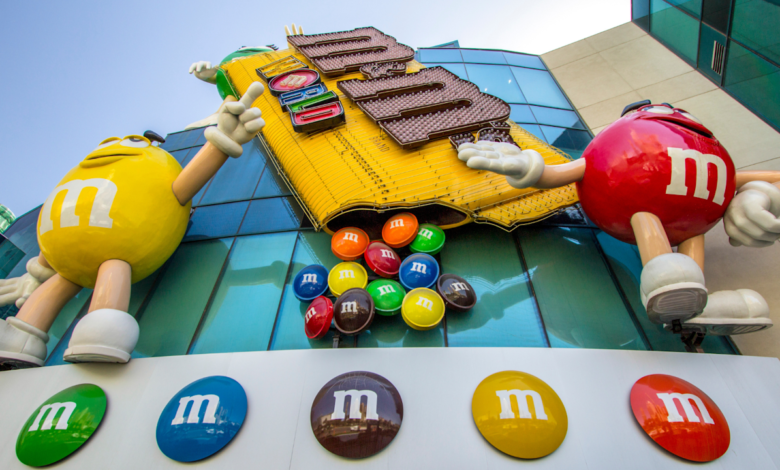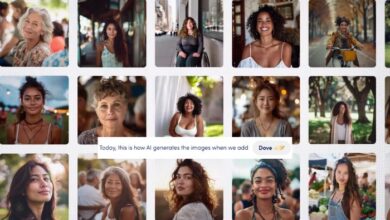Mars and Omnicom on embracing generative AI: ‘This is a Wild West tool’

Founded over a century ago, Mars Inc. has seen its fair share of new technologies that have transformed the face of marketing and society at large. In the latest edition of Convene. Challenge. Change., an editorial partnership between The Drum and the 4A’s, the iconic food brand and its agency partner Omnicom discuss how the power and perils of AI-powered marketing.
Frank C. Mars, founder of Mars, Inc., started selling candy bars in 1911, before the invention of the FM radio. The company introduced M&M’s in 1941, well before most American households had a color TV. Starburst have been around since 1960, decades before the dawn of the internet.
In other words, Mars – whose portfolio of brands includes other household names like Snickers and Milky Way – has coevolved to a significant degree with the modern technological landscape. Now, the company is beginning to embrace a still-emerging technology that, some might argue, is more revolutionary than the radio, TV or perhaps even the internet: generative AI.
The organization is in very good company in this regard. Over the past year and a half or so, a huge number of brands have begun to leverage generative AI to, for example, boost internal productivity or spice up their marketing campaigns. Some of these brands, like Mars, hail from the food and beverage industry.
According to Rankin Carroll, chief brand officer at Mars, generative AI should be regarded by brands as being much more impactful than one of the other tech trends that recently swept across the marketing industry. “This is different than the metaverse, [which] just didn’t get to scale,” he said during a recent conversation with Alyson Scartz, exective vice president and global client lead at Omnicom – Mars’ agency partner – and Marla Kaplowitz, president of the 4A’s.
”I think we’re gonna get there, and it’s not going away, but I think the expectation for [the metaverse’s immediate] impact was probably a bit out of whack.”
With generative AI, on the other hand, Rankin says that brands can achieve both scalability and impactful work “quite immediately.”
Suggested newsletters for you
From Rankin’s perspective, marketers are starting to be more open-minded about generative AI, whereas when it first began to break onto the cultural scene it was treated with much more trepidation. “Smart, creative people are realizing the potential and the possibilities that this could open up.”
But that’s not to say he doesn’t worry. With all those creative opportunities “comes risk, and many things that keep me up at night,” he told Kaplowitz. He’s especially focused on using generative AI in a way that strengthens the relationship between the brand and its audience – a challenge, given the novelty of the technology and the speed at which it’s evolving. He also worries about keeping up with the legal framework that’s currently taking shape around the technology.
“We want to protect consumers, and we want to protect our brands,” he says. “This is a ‘wild west‘ tool, and it’s moving very quickly.“
So what can we actually expect from Mars in the way of AI-powered marketing? Scartz wasn’t giving away too many details, but she did make clear that AI-powered marketing will become a central component of the M&M’s brand in the not-so-distant future. “M&M’s is really driving the prototype of how we absorb and deploy all this technology at our disposal,” she told Kaplowitz.
Watch the full conversation in the video above.
For more on the latest happenings in AI, web3 and other cutting-edge technologies, sign up for The Emerging Tech Briefing newsletter.



